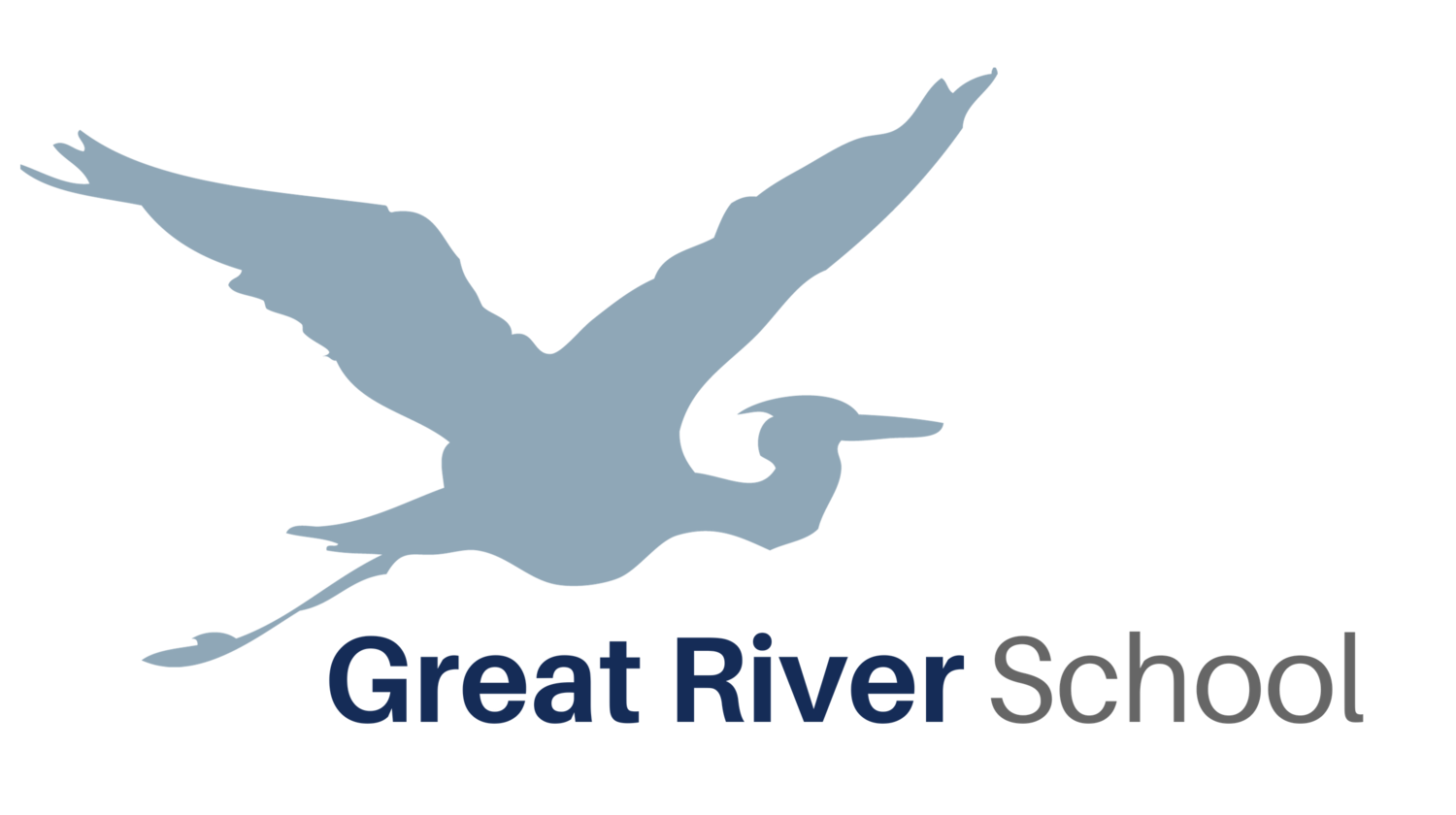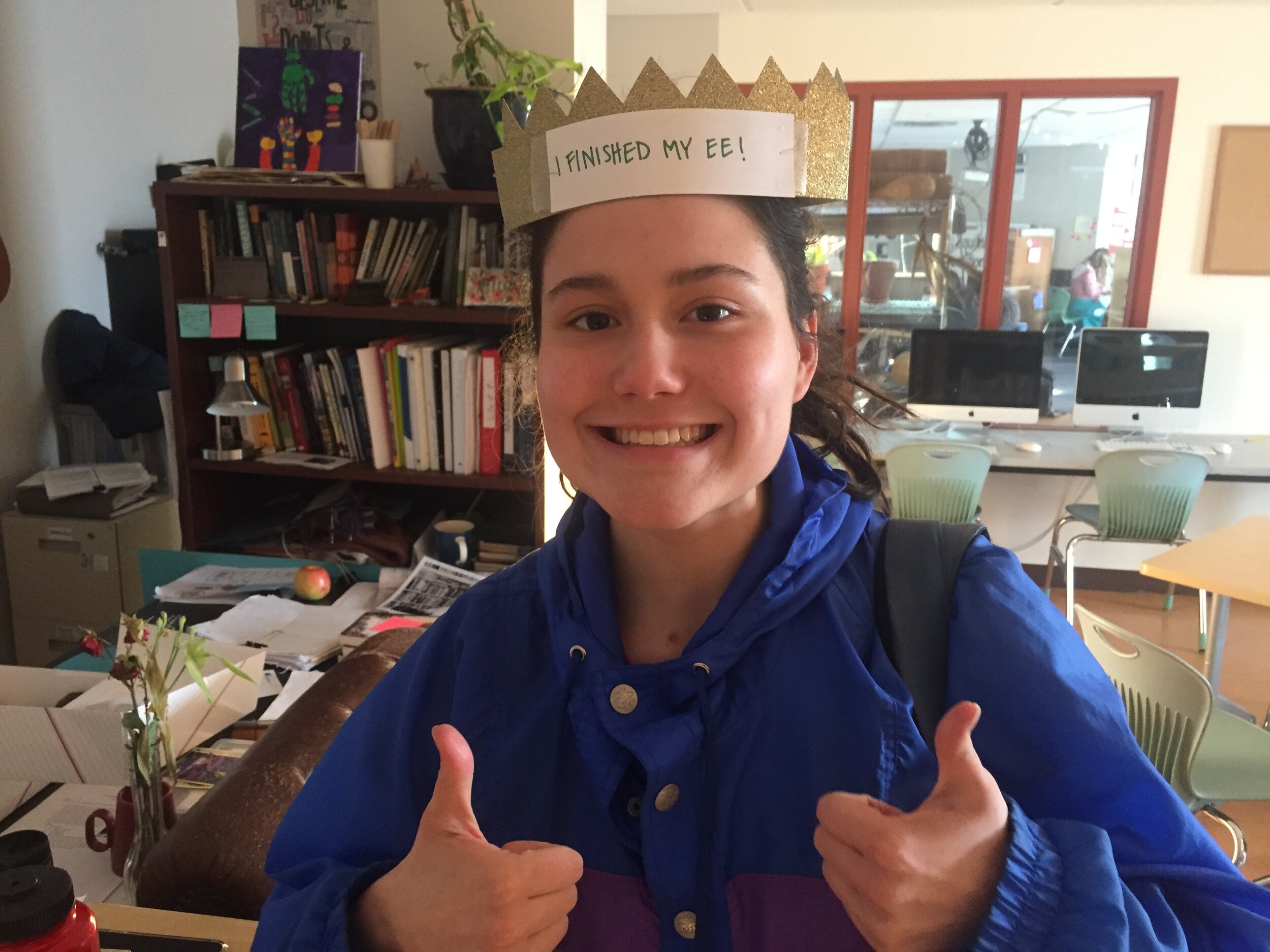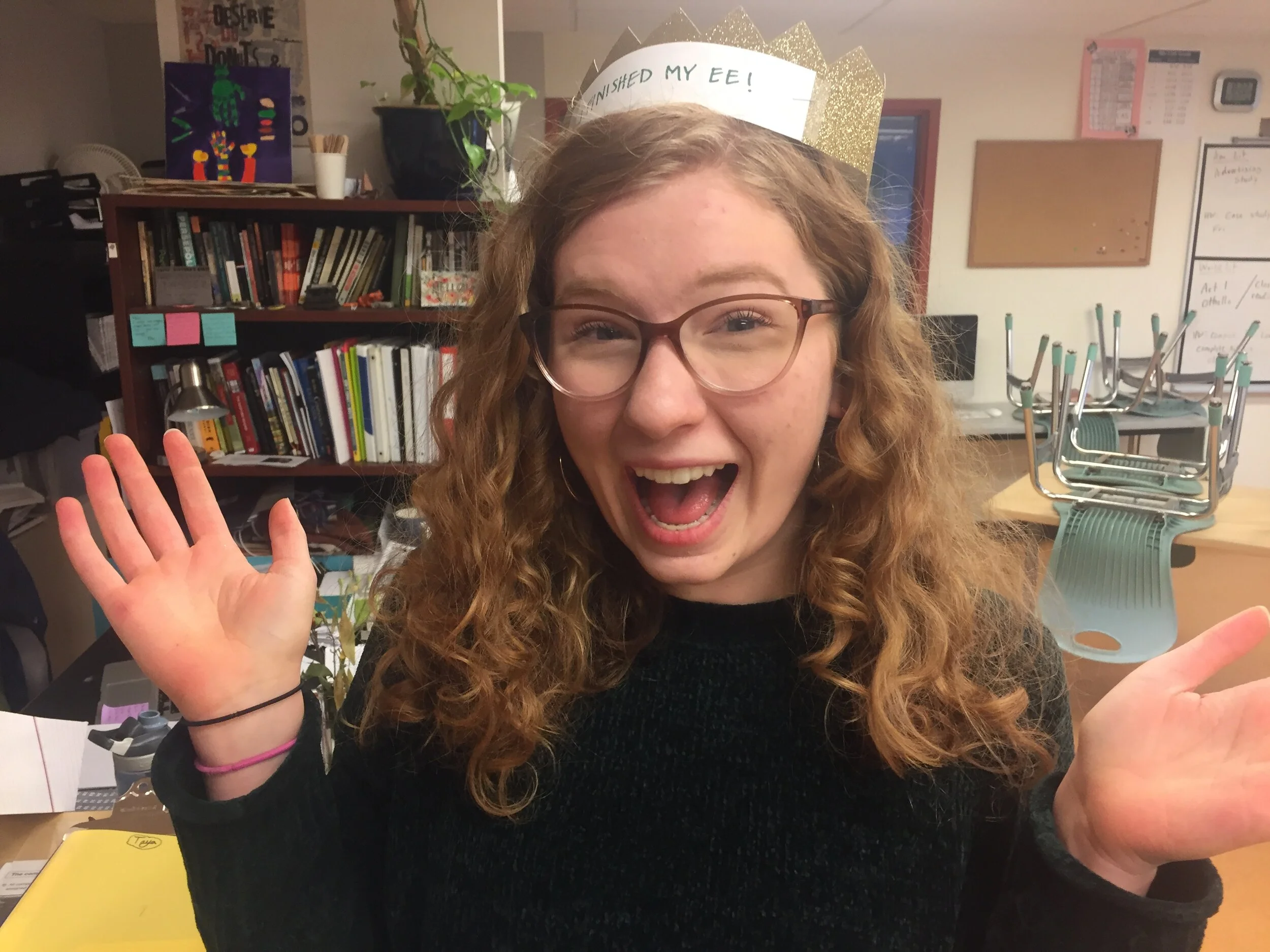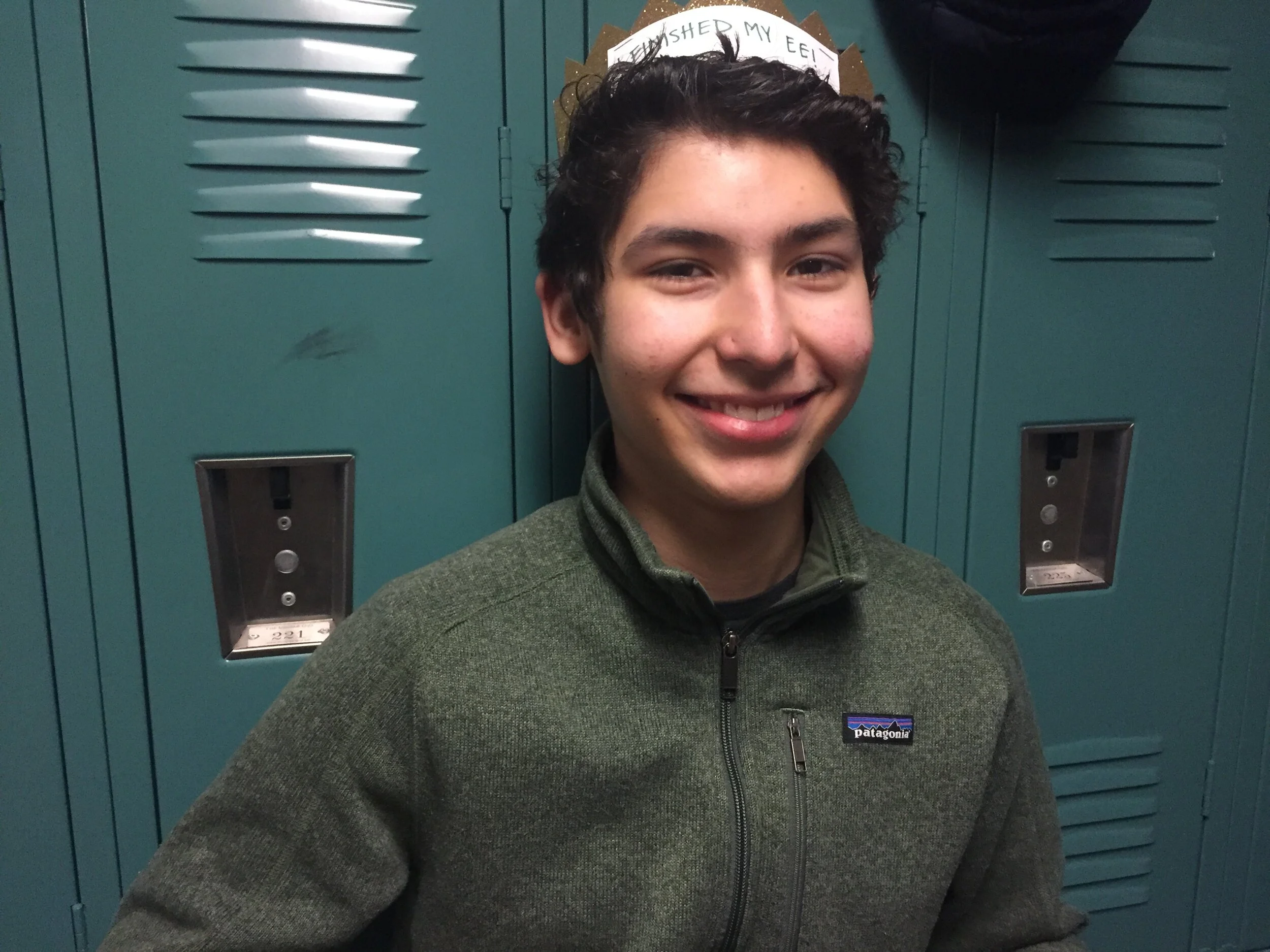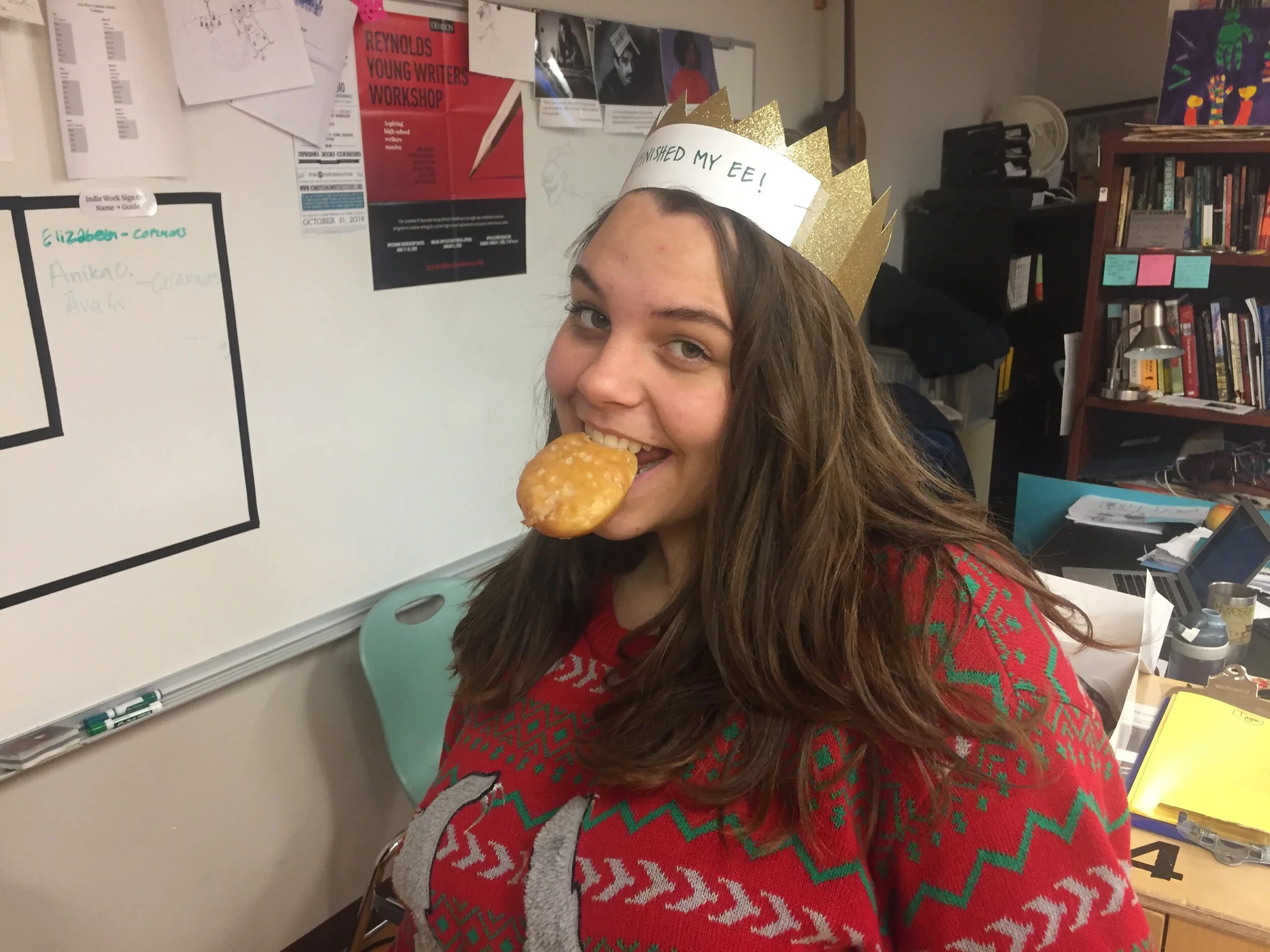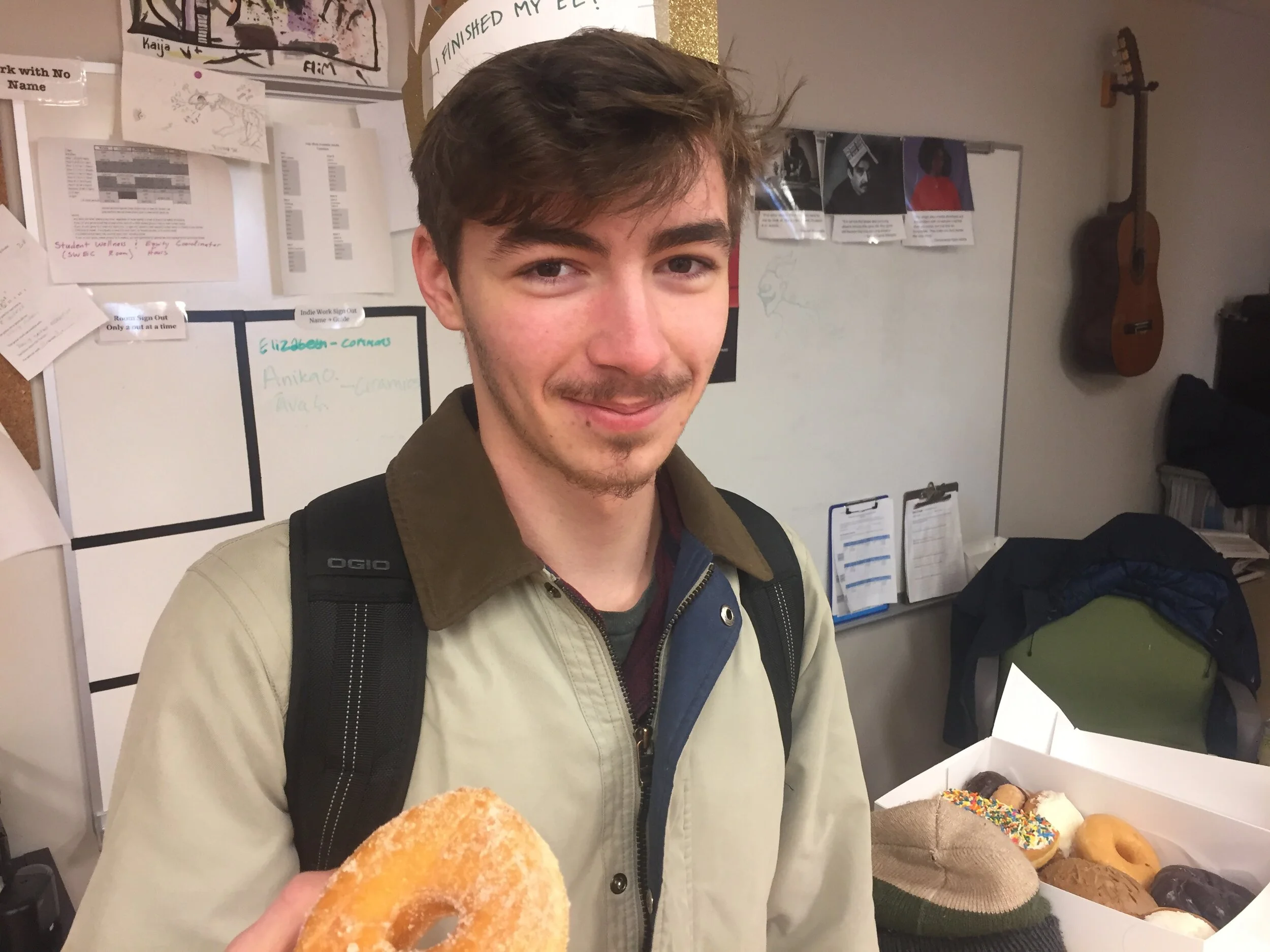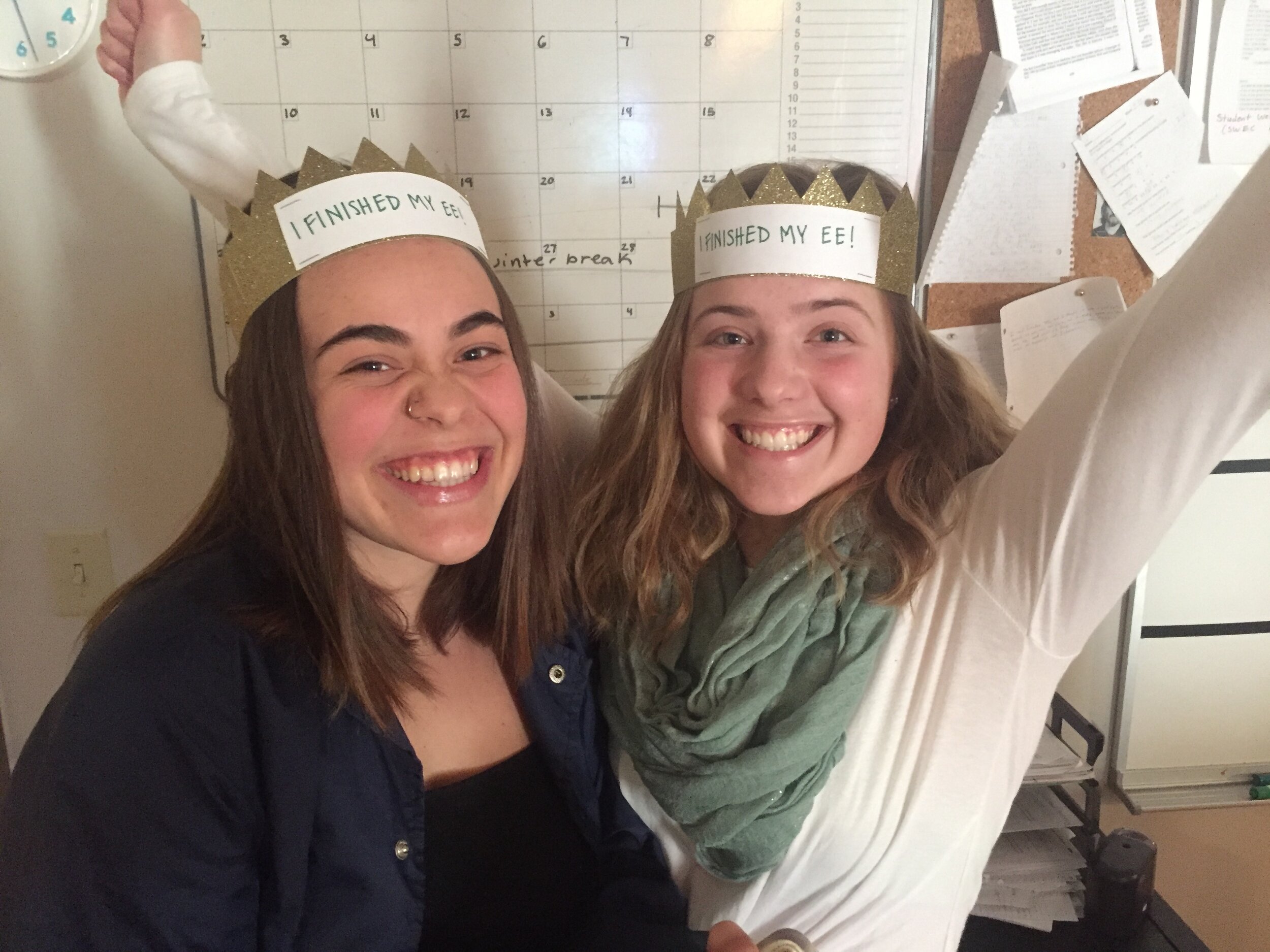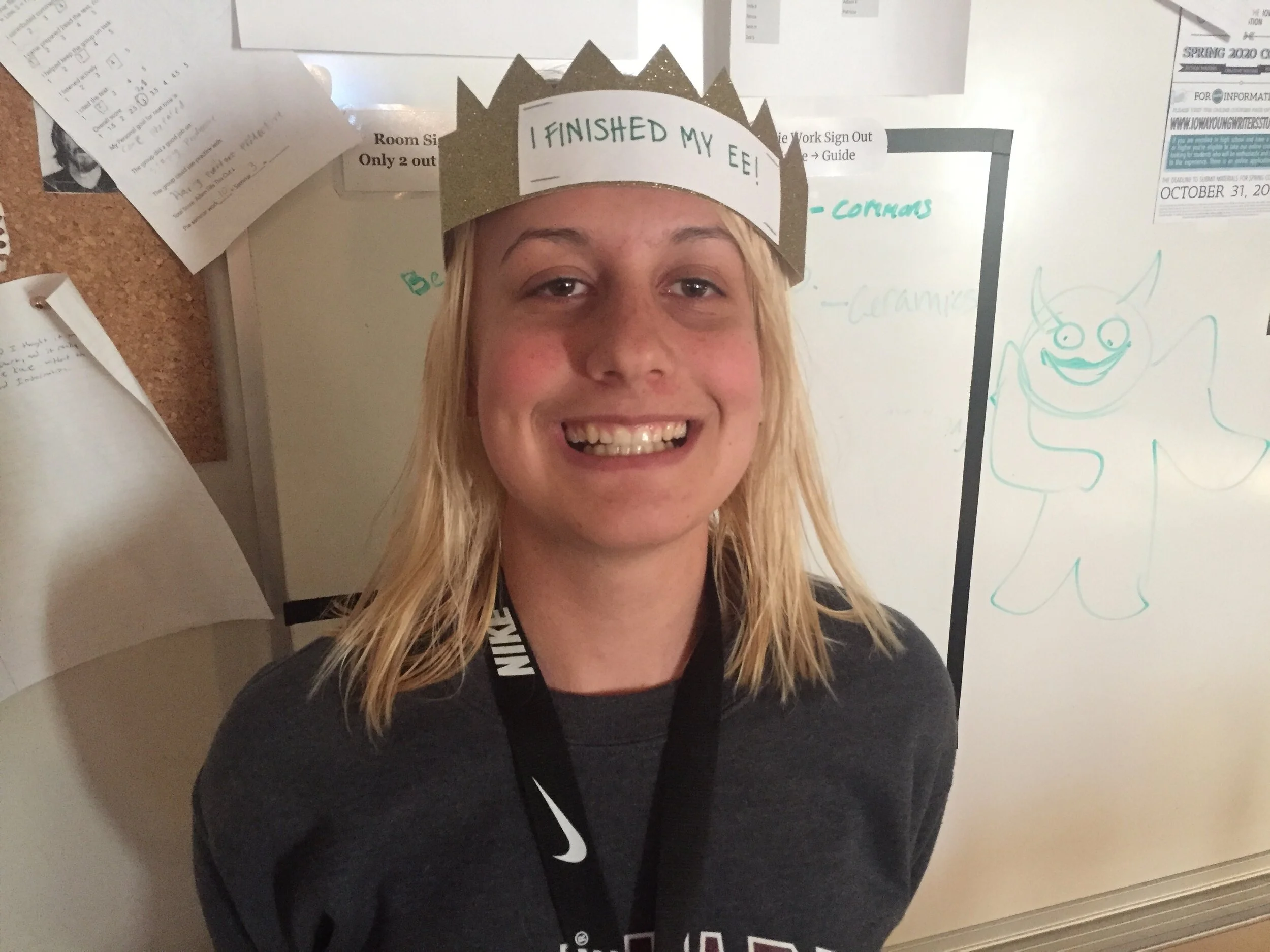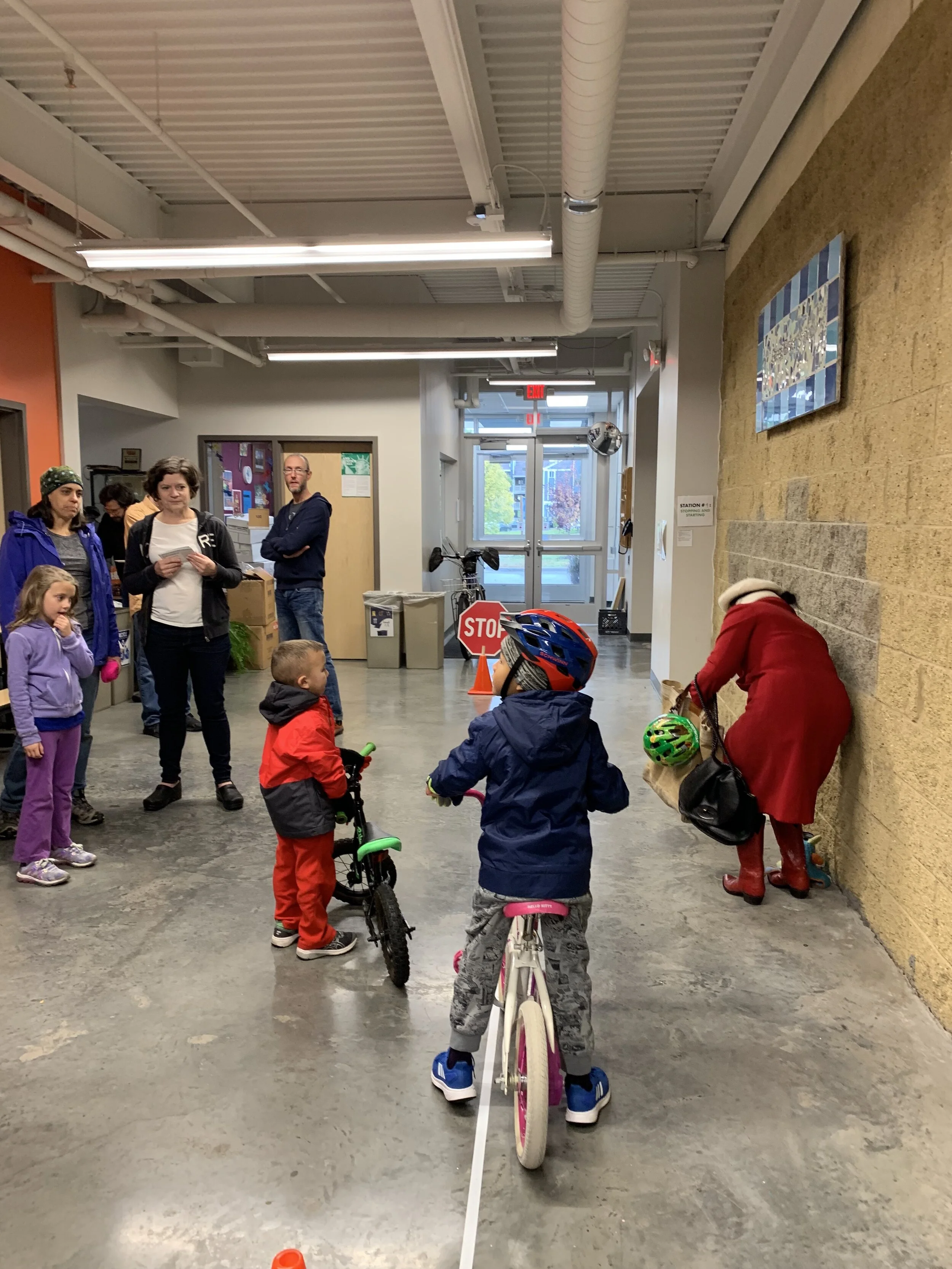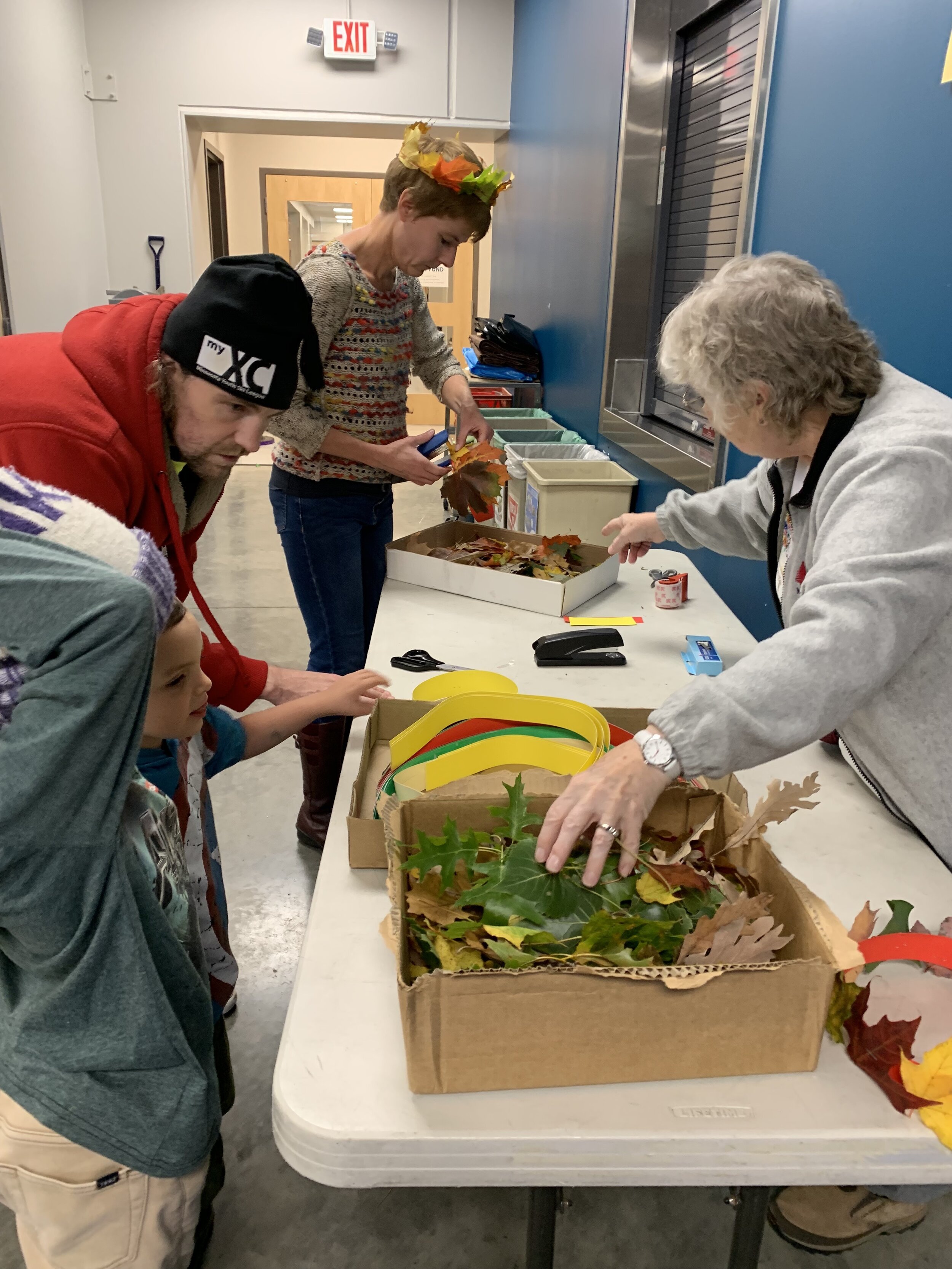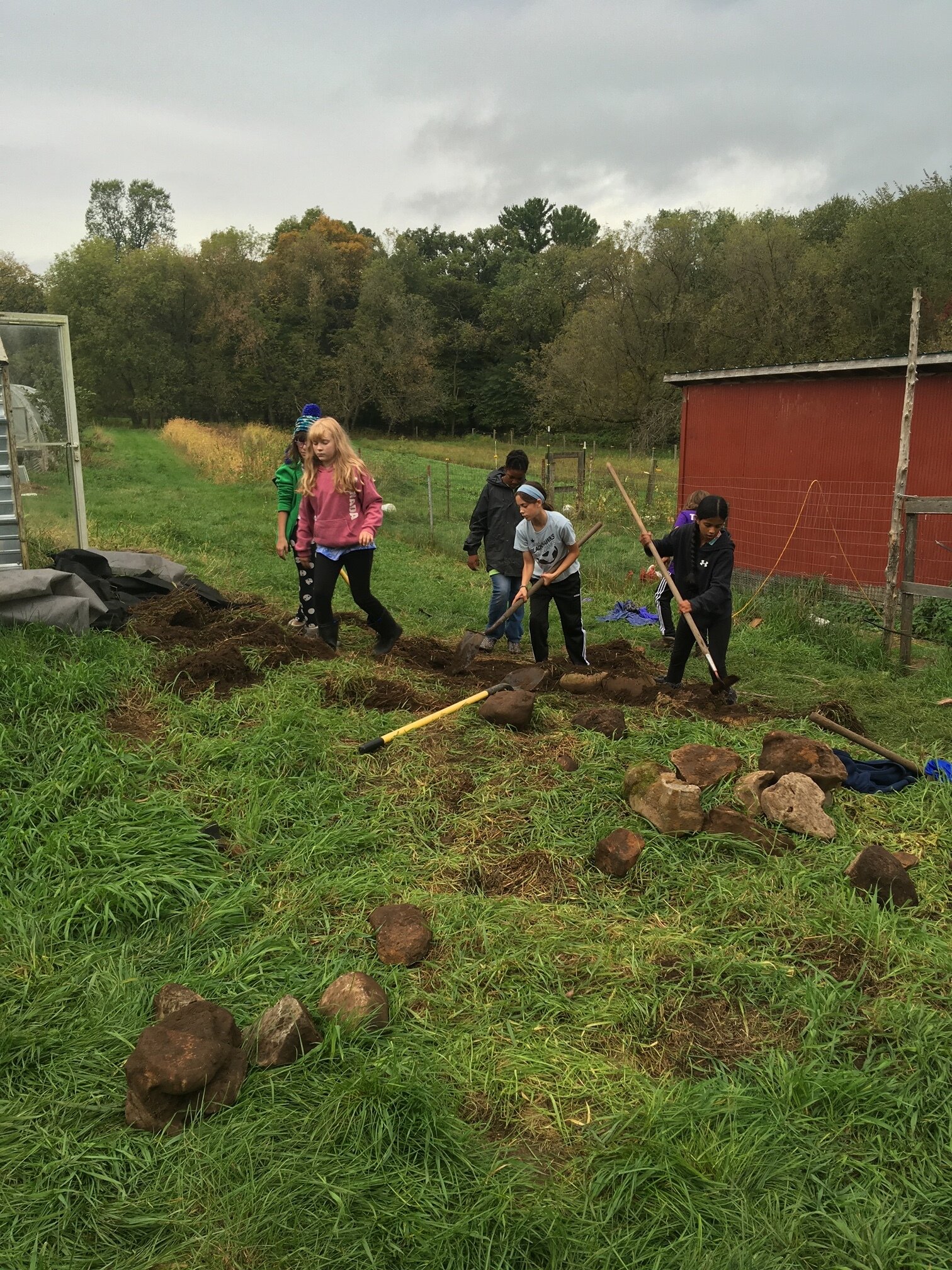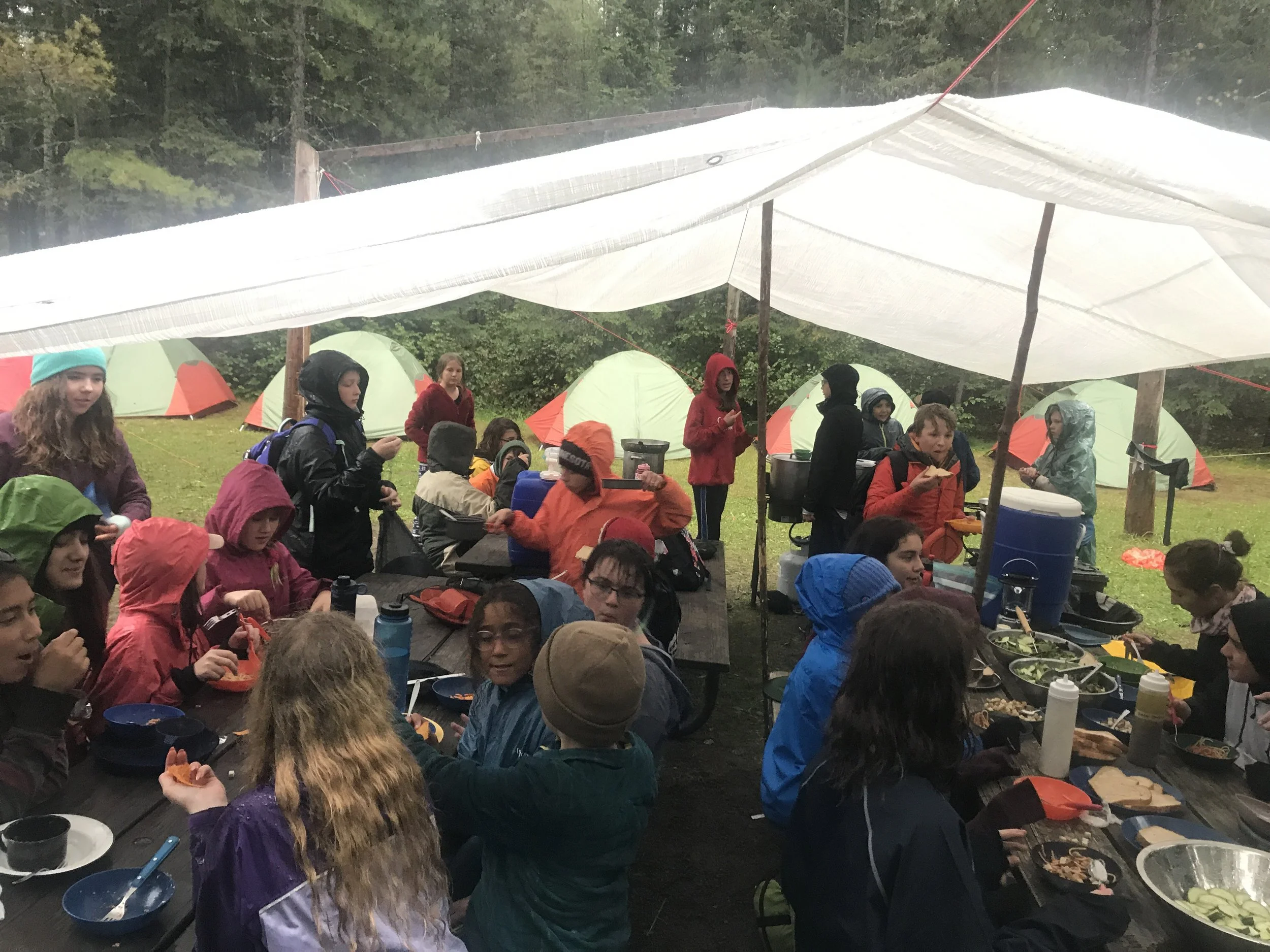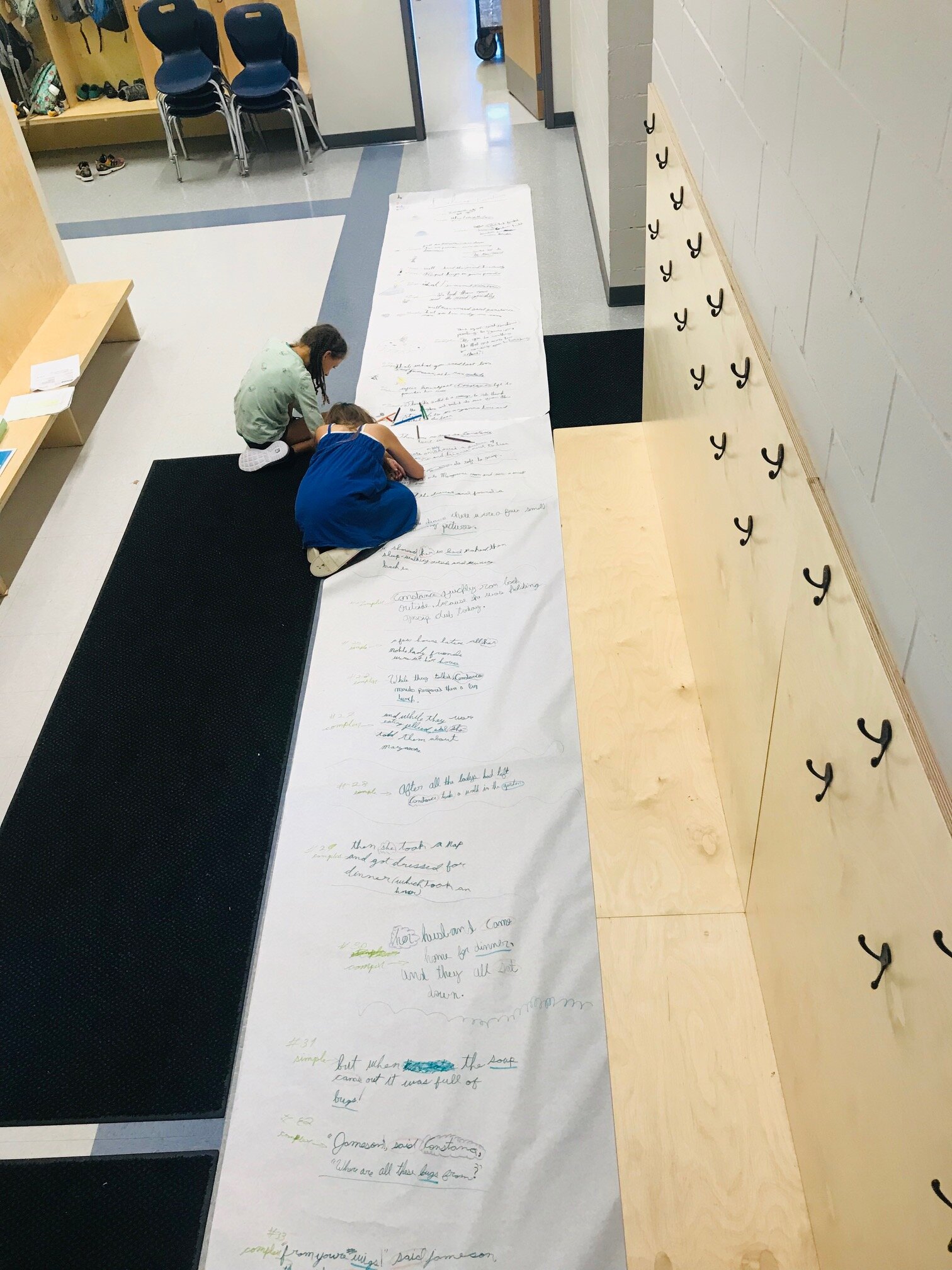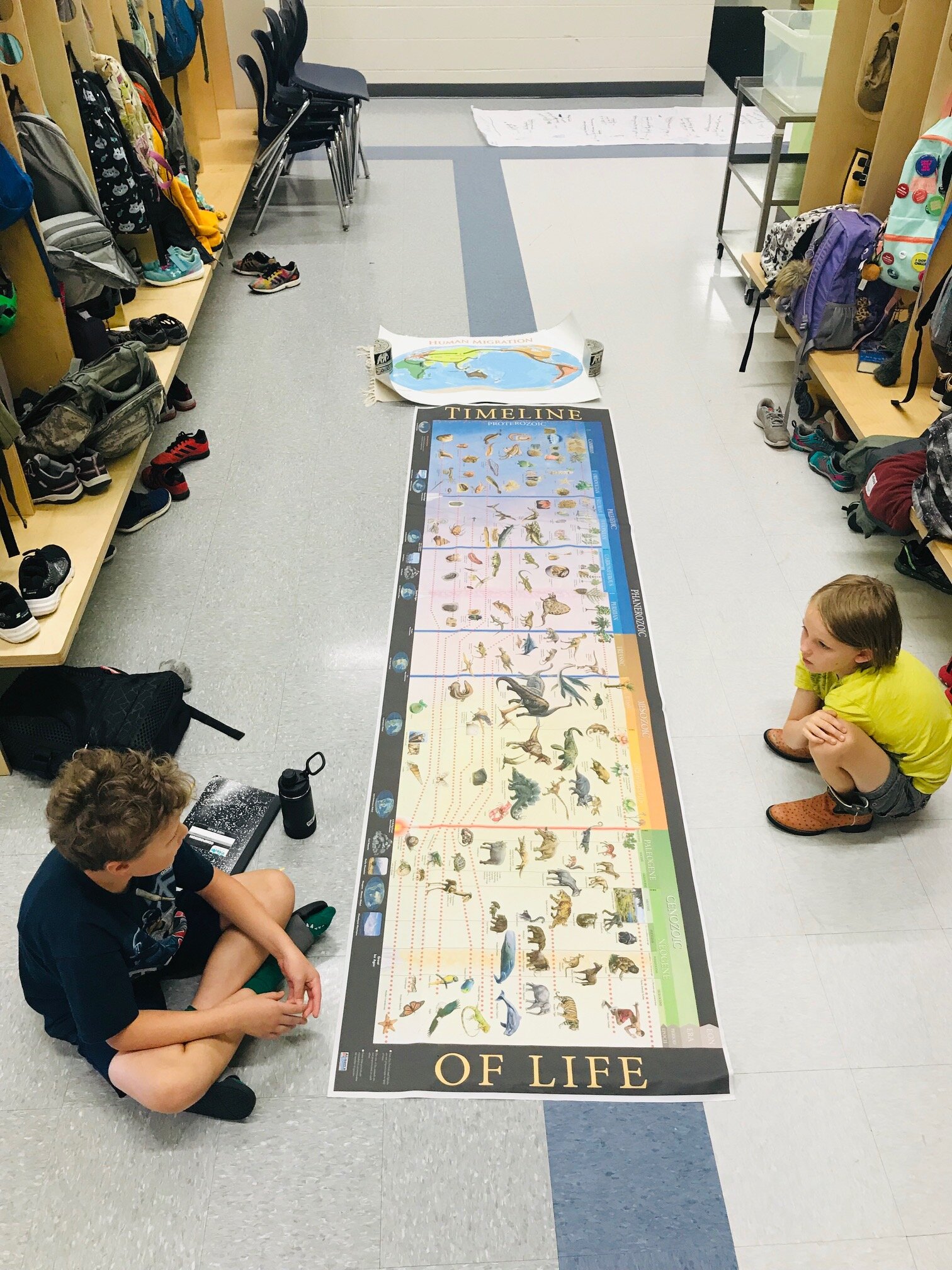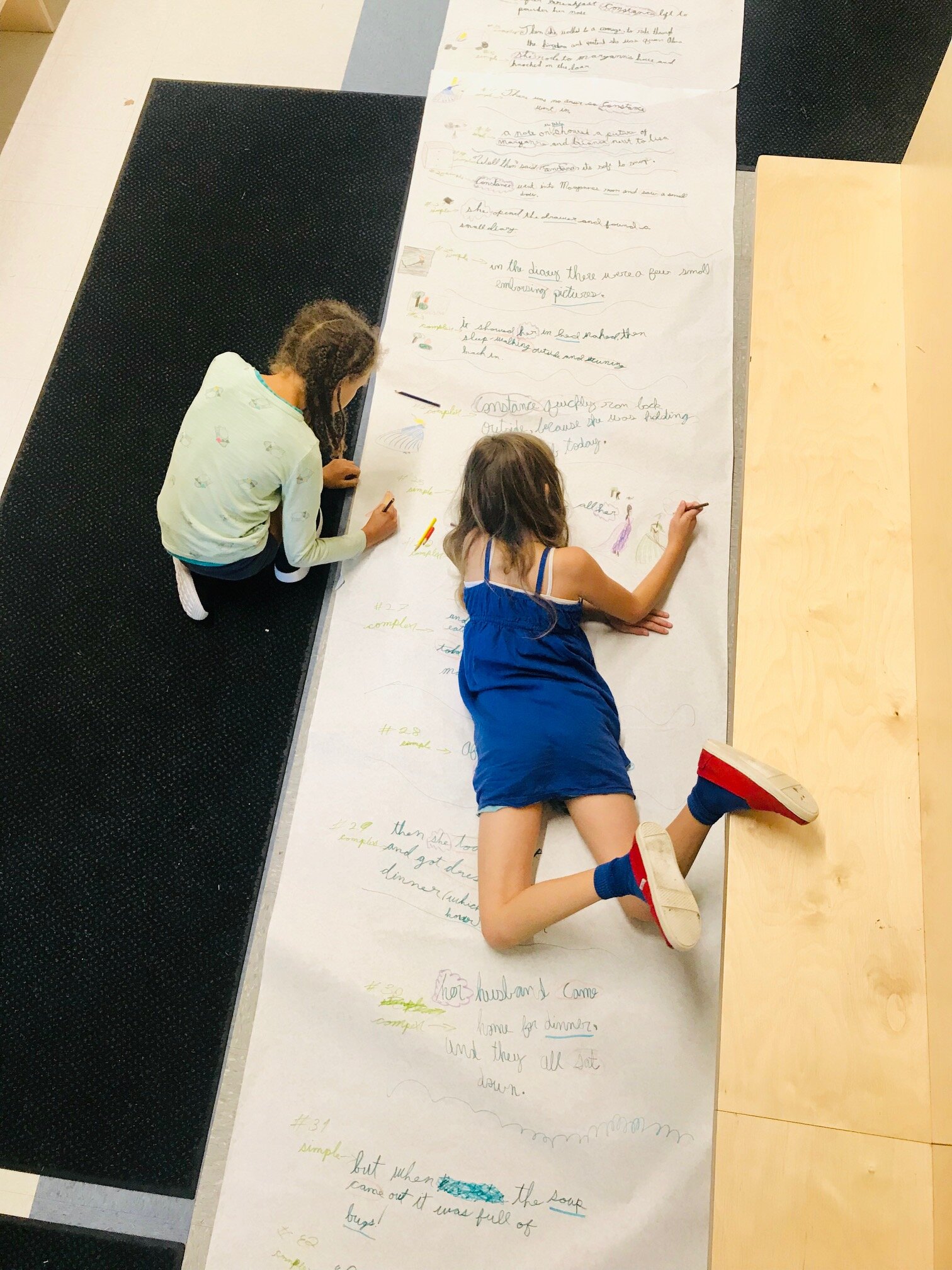written by Jenny Breen, School Nutrition Educator
Lunch this year started with a bang! In addition to a slew of new menu items, this year the elementary students are going through the lunch line and bringing their food back to the classrooms. This involves daily decision making at the salad bar-an experience that has been both exciting and overwhelming!
The lunch team including Chef Leah, Mel and Julie and Rita are putting out a stellar mixture of whole foods including choices like macaroni and cheese, barbeque sauce smothered chicken and cheesy grits with local kale, a wide variety of scratch-made soups (like Thai coconut sweet potato) and are making all of the incredible salad dressing choices in house!
The lunch line continues to grow, which is a sign of a successful lunch program! It also leads to challenges like those faced by many other schools, so we're exploring solutions to keep things moving while minimizing the wait. We are considering adding another hot and cold line (a significant cost to the school) or pre-plating certain items to help with the flow. Additionally, we're thinking about permanent volunteer jobs that, if filled by parents, could make a huge difference in the efficient flow of lunch (email lunch@greatriverschool.org if you’re interested!)
An important thing parents can do to help is to make sure you pre-order your child's lunch. The less guessing the lunch staff has to do, the more efficient we can be. Also, parents don't forget to pick up your own to-go lunch at our cafe station. We have pre-made lunches all packed and ready to take with you when you drop your child off.
Last, but not least, please consider our Community Lunch Program-it is a way for folks in the community who are able, to support those who have fewer resources so that everyone can have access to our delicious lunches, and also to help grow the capacity of the kitchen to produce delicious food. Learn more here.
Jenny, our nutrition educator, continues to explore ways to bring more education into the kitchen. We are purchasing induction burners so we can have multiple cooking stations in the kitchen, and will begin piloting classes with Big Canoe students. Jenny is working with Big Canoe staff to develop a cooking class series that, if successful, can be replicated for other students and families. Additionally, lower adolescent guide Cate Williams is putting together a folk school curriculum, which will include cooking and other food classes.
Finally, we are beginning to narrow down some areas of focus for the school wellness team. We are hoping to have our first meetings on Weds October 23 at 11 AM, and Thursday November 7 at 4 PM. We're focusing on setting some goals for wellness based education (including, but not limited to nutrition and healthy eating) that will hopefully take place later in the fall and spring.
There is so much going on, it is hard to remember, but also important to acknowledge. Next time you're in school, stop by the kitchen and say hello-let the team know how much you appreciate what they're doing, and remind your kids to do the same.
We look forward to seeing you in the kitchen or cafe soon!
